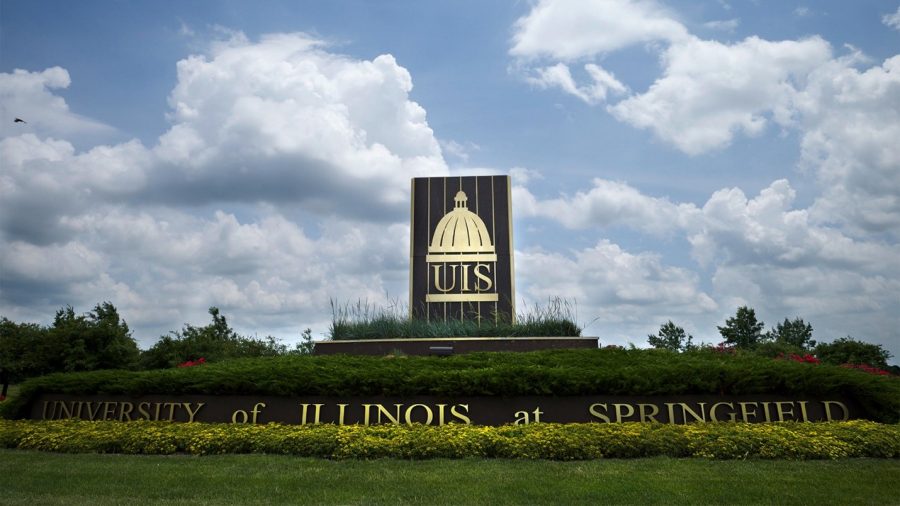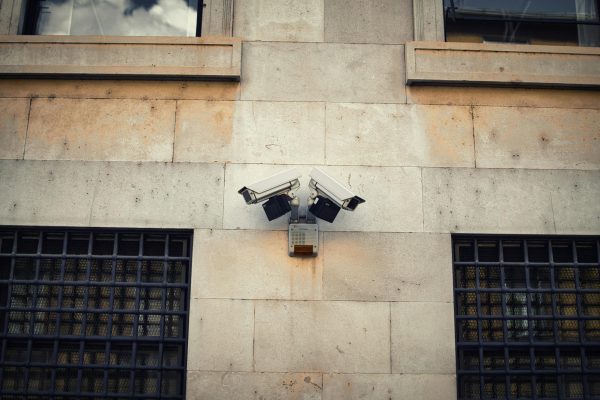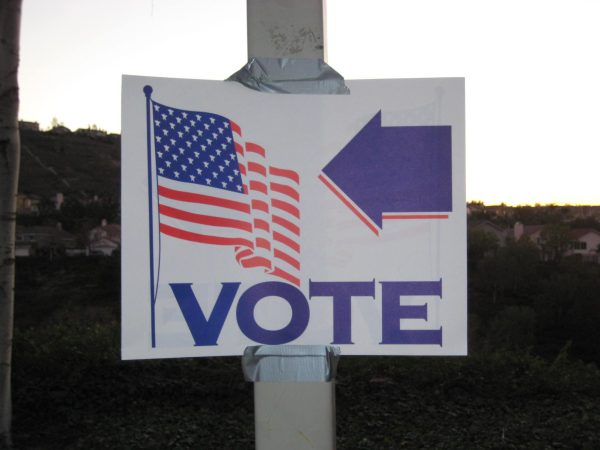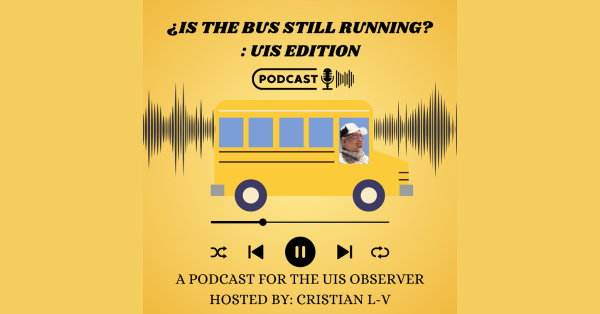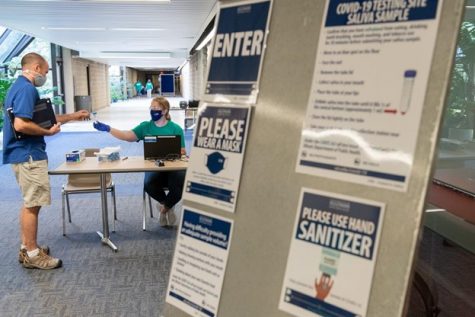UIS COVID-19 Response
From the moment COVID-19 became a global concern, institutions such as the University of Illinois Springfield have been making efforts to not only slow the spread but limit the impact of the pandemic on students. This has been done through a few decisions, such as mandatory COVID-19 tests up to two times a week, the replacement of spring break with non-instructional days and the temporary closing of many campus facilities to reduce the concentration of students in any given area. However, as time has passed, these decisions have been viewed in different ways among the UIS students. At times, some believe that the students’ best interest has not been fully served through these decisions. The students of UIS have a few thoughts regarding the UIS response to COVID-19, especially how it has impacted their university experience in the time spent adjusting to the pandemic.
The first perspective is from Business and Communication major Jermaine Windham, who had this to say regarding UIS’s COVID-19 response: “I think they’re actually doing really well with it…Testing twice a week, making things mainly remote…I do wish they opened the library up and have more spaces, because sometimes it’s hard having class through Zoom with my roommates being noisy.” He also makes it clear that, while it’s understandable and the reasoning for campus facilities being closed makes sense, it severely restricts student’s capacity to study effectively on campus. It does not necessarily prevent students from gathering in groups, and opting to place regulations on facilities such as the library rather than having them closed altogether, would bring more opportunity for students who benefit from quieter study environments.
Another perspective comes from Political Science and Legal Studies major Joseph Partain, who believes that the choice to replace the usual spring break with non-instructional days held significantly greater detriment than any benefit on behalf of the students. He went on to highlight how he feels “cancelling spring break was a terrible policy that lacked any proper infrastructure to handle the likely event that students would leave campus anyways.” This is important, as there is no real clear consequence in place to prevent, prohibit or punish students for leaving campus and potentially jeopardizing other students, making the non-instructional days less effective.
Psychology major Sam Vonbehren agrees with a great deal of these comments, mentioning that “[non]-institutional days have been an underwhelming solution to the problem of spring break that often just push assignments back one day.” This seems to be a generalized concern when it comes to the non-instructional days which were intended to replace spring break, as the detriment of these days for the students remains significantly higher than any benefits. Furthermore, a common issue Sam addressed was that of the campus food quality, which is considerably lower than it was in 2019 and earlier years. He went on to state that “it doesn’t make a lot of sense and it is remarkably worse for the same price.” Outside of these problems, Sam believes that UIS has taken a serious and steady approach to handling the pandemic as a whole and acknowledges the efforts that have been made thus far.
Keeping this in mind, it is clear that the administration has been working hard to protect students, given the uneven footing that COVID-19 has provided for them. However, enough time has passed to allow things to begin heading into a new normal, especially one that allows students to have the college experience they are paying for. After all, many students are experiencing their first or last year on a campus and have not truly been able to enjoy it. They have been deprived of the university experience. When it comes to ensuring that the student’s needs are met and understood, there needs to be more inclusion of their opinions when it comes to these issues.
Even my own remote experience thus far has involved many of the previously addressed concerns, especially regarding the lack of functionality of non-instructional days and the absolute lack of relief they provide. If anything is going to improve while the COVID-19 vaccines encourage a shift for quality of life during the pandemic, there needs to be a strong willingness from UIS to hear feedback from the students on the state of things and make suitable explanations that indicate a desire for improvement. UIS students deserve that much, considering everything that is going on right now.



